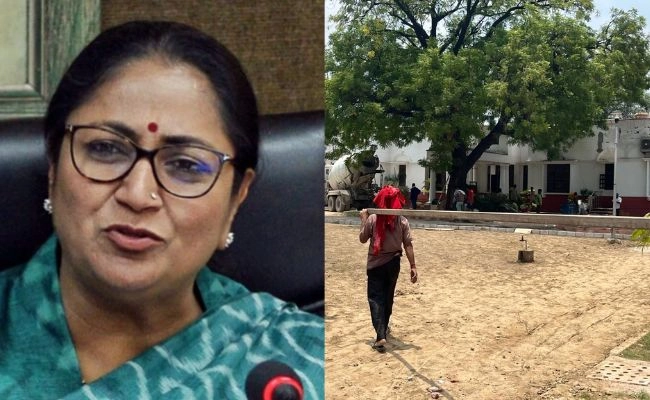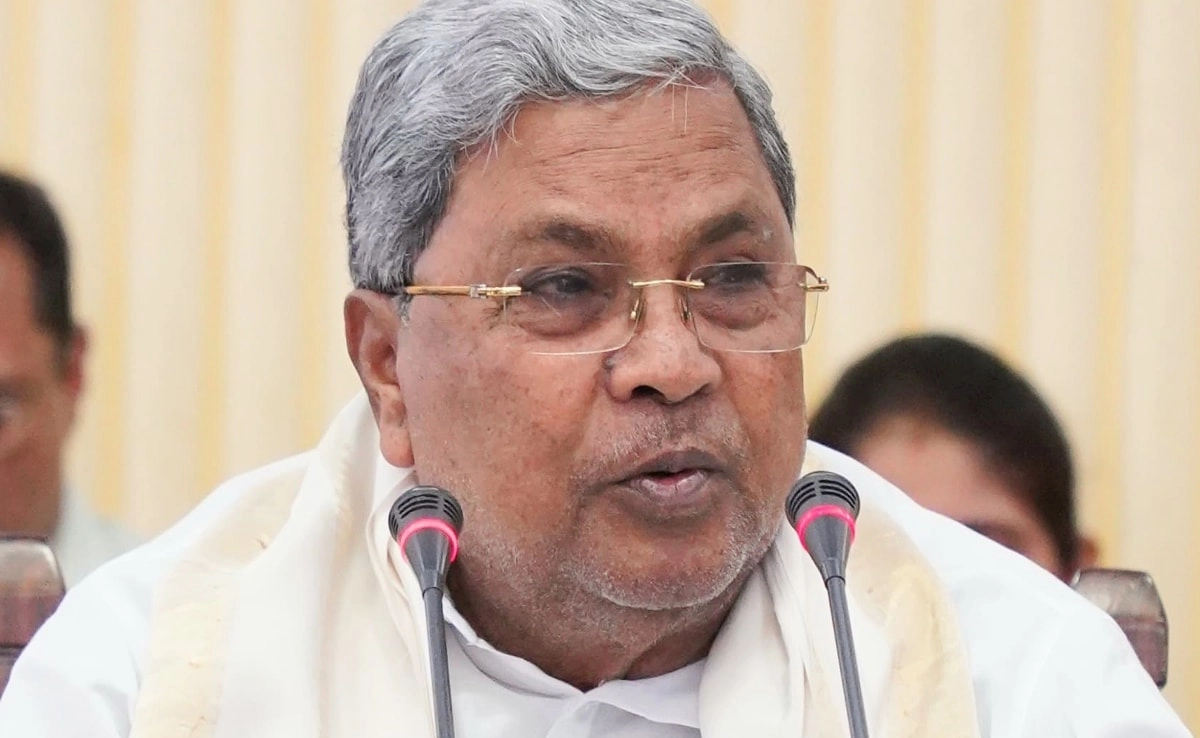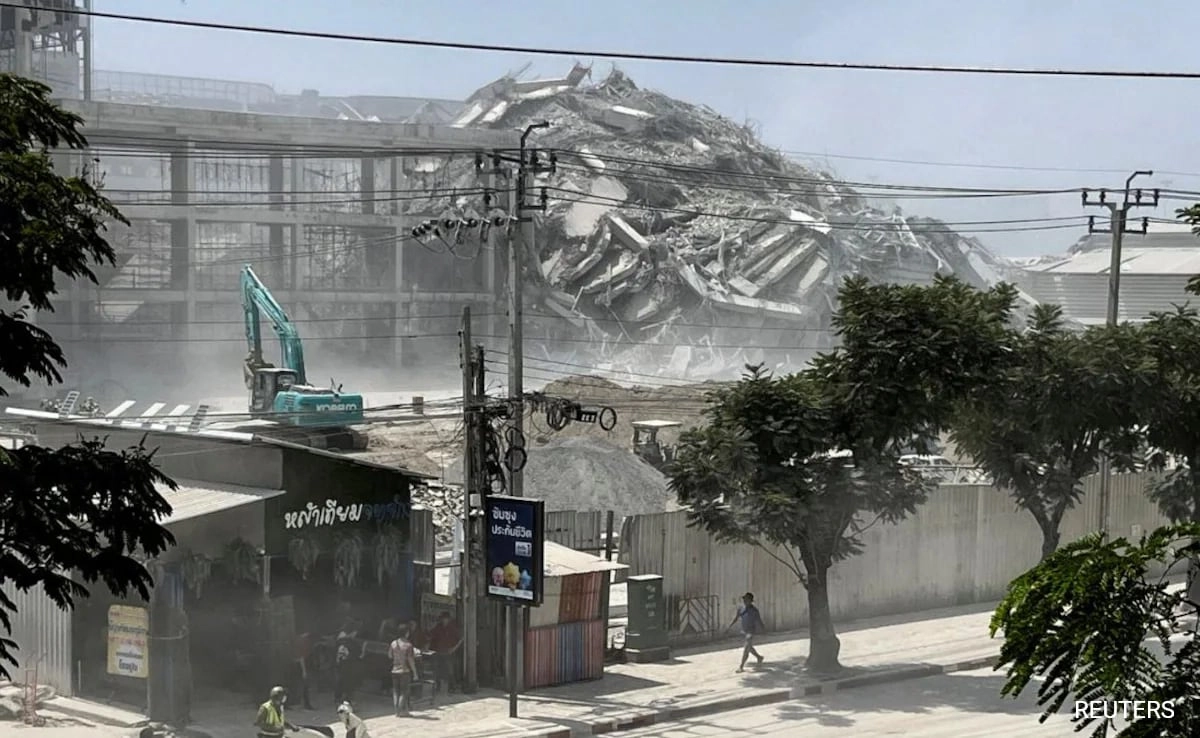In a recent incident that garnered significant attention, Ajit Pawar, the Deputy Chief Minister of Maharashtra, reacted sharply to a flood-hit farmer’s request during a public meeting. The farmer, grappling with the devastating effects of floods on his livelihood, sought assistance from the government to alleviate his suffering. However, Pawar’s response was unexpected and somewhat dismissive, as he questioned the seriousness of the farmer’s appeal by asking, “Am I playing marbles here?” This comment has sparked a wave of criticism from various quarters, with many interpreting it as a lack of empathy and understanding towards the plight of farmers in distress.
The floods that struck Maharashtra have wreaked havoc, leading to extensive damage to crops, homes, and infrastructure. Farmers, who are already struggling with the challenges of agricultural production, find themselves in an even more precarious situation due to natural calamities. The government’s role in providing immediate relief and support to these affected individuals is crucial, and many believe that public officials should approach such matters with sensitivity and compassion. Pawar’s remark, however, raises questions about the priorities and attitudes of those in power when addressing the concerns of vulnerable populations.
Following the incident, social media was abuzz with reactions, as people expressed their disappointment and frustration over the Deputy Chief Minister’s attitude. Critics argued that leaders should be more attuned to the realities faced by farmers, especially in times of crisis. The agricultural sector is the backbone of the Indian economy, and an empathetic response from leaders can foster trust and solidarity between the government and the farming community. In contrast, dismissive comments can alienate those who are already suffering and undermine the government’s credibility in addressing their needs.
In light of this event, it is essential for public officials, including Ajit Pawar, to reflect on the impact of their words and actions. The relationship between the government and farmers is vital for sustainable development and social stability. Acknowledging the struggles of farmers and providing timely assistance is not just a moral obligation but also a strategic necessity for fostering resilience in the agricultural sector. As Maharashtra continues to recover from the floods, it becomes increasingly important for leaders to engage with affected communities thoughtfully and supportively, ensuring that their voices are heard and their needs are met.




